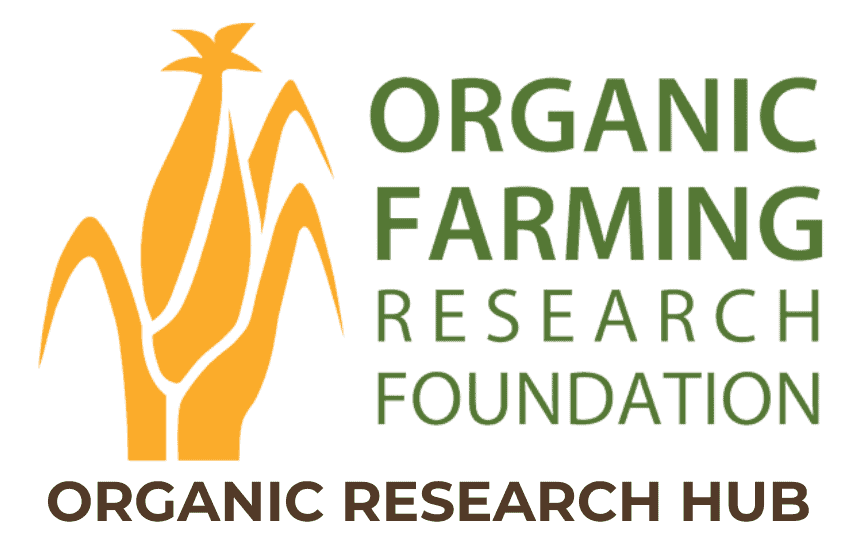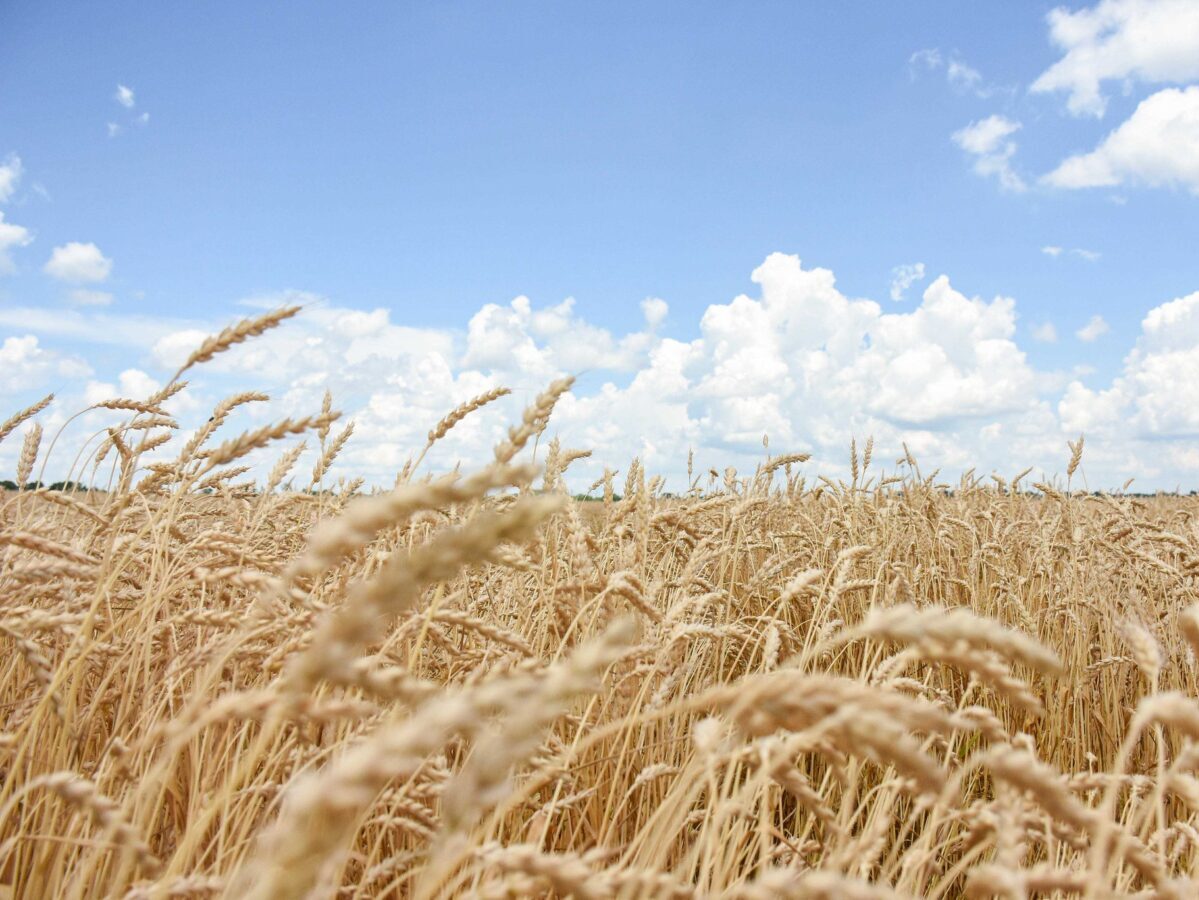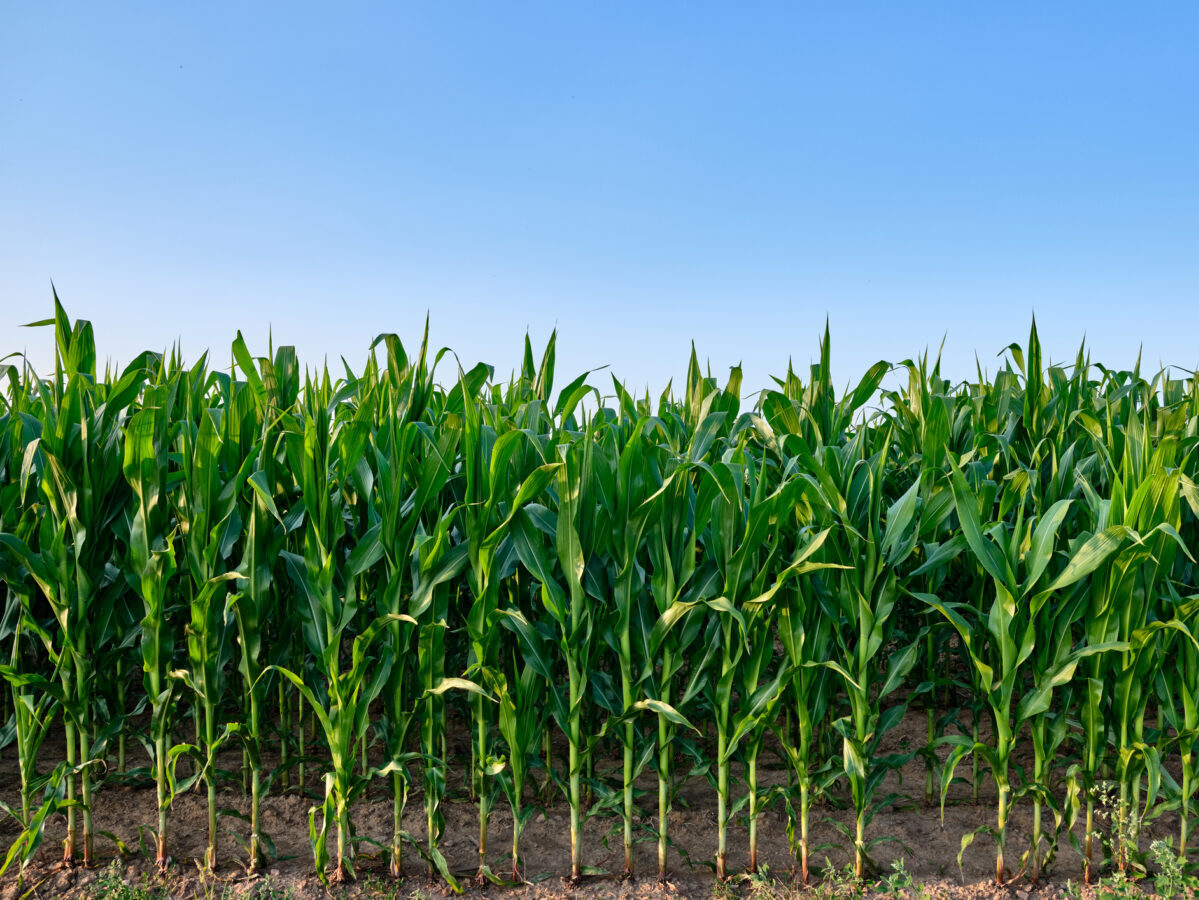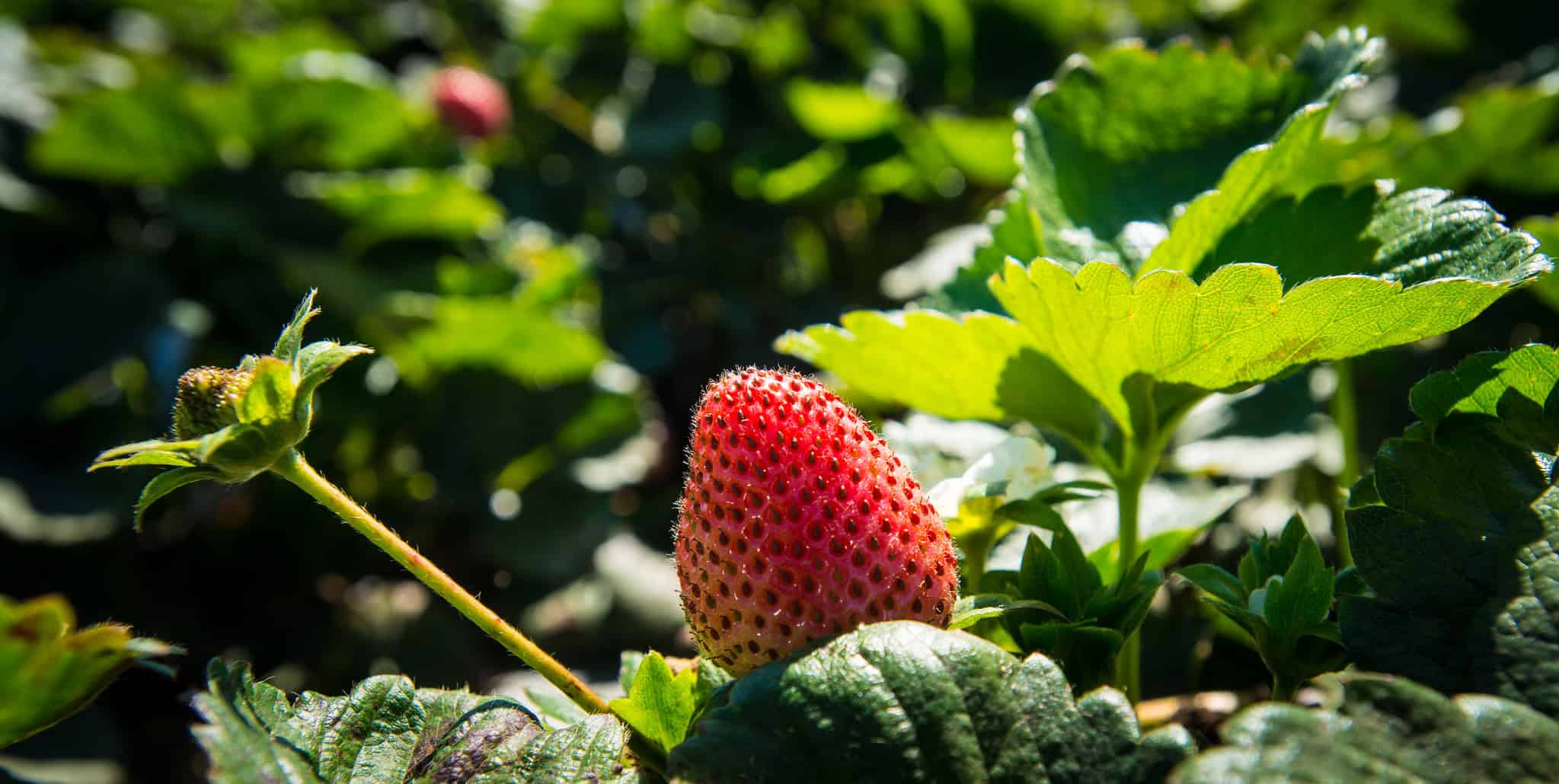Organic Participatory Plant Breeding Toolkit: Tools and Training in Participatory Breeding Projects for Researchers and Organic Farmers
Jared Zystro, Organic Seed Alliance
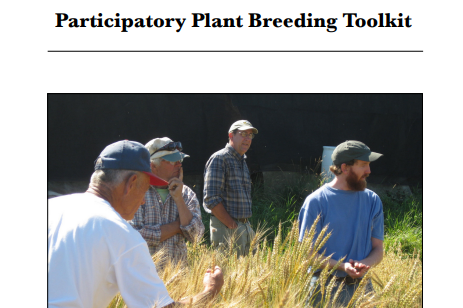
Organic farmers require crop varieties that are specifically adapted to the unique challenges of organic systems. These varieties should be able to access organic sources of fertility more effectively, compete with weeds, and resist pests. Currently, very few plant varieties have been bred to meet the needs of organic growers. To enhance the success of organic farming, it is essential to increase the number of varieties developed for organic practices.
Participatory plant breeding (PPB) is a highly effective approach that aligns well with organic systems. This method fosters close collaboration between farmers and researchers, with much of the breeding work conducted directly in the farmers’ fields. PPB empowers farmers to select and adapt crop varieties based on the specific environmental conditions of their regions and the cultural practices they employ.
While PPB can effectively harness the strengths of all participants, many projects face challenges due to unclear planning and communication. Farmers and breeders, whether from universities or industry, are experts in their areas. However, they may lack training in systematically assessing partnerships’ needs and capacities, collaborating effectively in project planning, and maintaining timely communication.
To support more successful organic PPB initiatives, we have developed a breeding toolkit. This toolkit provides an overview of PPB, planning worksheets, participant needs and capacities worksheets, and case studies from PPB participants. We shared the toolkit at the 2012 Organic Seed Growers Conference (OSGC), on the Organic Seed Alliance (OSA) website, and we will continue to distribute it at additional events. We also conducted participatory breeding and research workshops at the OSGC and through eOrganic.
Region
Midwest, Northeast/Mid-Atlantic, Northwest, Plains, Southeast, West/Southwest
Topic
Plant Breeding, Varieties, and Seeds
Category
Vegetables/Fruits, Herbs/Flowers, Grain and Field Crops, Seed Production
Date Range
2011-2020
Funding Amount
$12,021
Funding Year
2011Location
Port Townsend, Washington
Collaborators
John Navazio, Organic Seed Alliance
Atina Diffley, Organic Farming Works
Bill Tracy, University of Wisconsin, Madison
